This section is for paid subscribers only. Our subscription is only $3700/- for one full year.
You get unlimited access to all paid section and features on the website with this subscription.
Subscribe to read full article
This section is for paid subscribers only. Our subscription is only $37/- for one full year.
You get unlimited access to all paid section and features on the website with this subscription.
Not ready for a full subscription?
You can access this article for $2, and have it saved to your account for one year.
- Release Date1976
- GenreRomance
- FormatColour
- LanguageHindi
- Run Time134 min
- Length4597.91 metres
- Number of Reels17
- Gauge35mm
- Censor RatingU
- Censor Certificate Number82120
- Certificate Date19/07/1976
- Shooting LocationNatraj Studios P Ltd
Suraj (Rajesh Khanna) is a modern and successful young pop musician singer who is very popular on the stage and who makes a lot of name, fame and money out of his voice and his guitar.
One day, on his way to fulfill a singing assignment fixed by his secretary, Suraj's car breaks down in a bad rainstorm miles away from nowhere. Taking shelter in a hut he finds himself close to Chandangarh. Exploring the empty corridors and antechambers of the palace Suraj is haunted by a sudden feeling that he has been here before.
Suddenly, face to face on the wall of a small and dusty room of the palace Surraj sees the strikingly beautiful portrait painting of a face and memory of his past comes flooding back to him....
In another era, another lifetime, Suraj had been Prakash, the court musician and singer of some ancient king in the durbar of Chandangarh. Here, Prakash was a sitarist and a vocalist of note, a favourite of his patron.
Ratna (Hema Malini) was the royal court dancer of the durbar of Chandangarh. Their meeting is on the wings of music and when eyes meet eyes and heart meets heart a new melody is born from the deep and intense romanticism of their love. Prakash learns that Ratna is the daughter of a famous courtesan of Lucknow. As their love blossoms into full flower Prakash is sublimely unaware that he is the son-in-law of a traditional and conservative Thakur gharana, and that he has been wedded in childhood to the Thakur's daughter Jamuna (Yogeeta Bali).
Ratna's haunting eyes, her sad song and the jingling of her payals as she dances the dance of brokenhearted love drags the lovelorn Prakash away from the bridal chamber. Crying out her name Prakash goes after his beloved Ratna while the enraged Thakur Saheb goes after the lovers with guns and horses.
For Prakash and Ratna it is the ride of death. The buggy carrying them away from their pursuers goes over the cliff and the lovers die in each other's arms, their bodies united in death, their souls promising to meet again in another lifetime...
When the memory of his past life and love returns to Suraj he is restless and impatient with his present life. To escape his mental agony he goes to the far away hill districts where his close relative is a respected doctor. His only company is his faithful guitar. Close to Nature, Suraj finds solace in the hills and valleys and running brooks.
And here he sees Ratna!
He calls her by her name: "Ratna"!
She does not recognise either him, or the name by which he calls her!
He catches her hand she withdraws it hurriedly! She is Jhumroo (Hema Malini) a girl of the hills tribes. She is quite puzzle why this handsome stranger from the city should call her "Ratna".
Appa (Prem Chopra) and aggressive tribesman who aspires to become the next Chieftain of the tribe to which Jhumroo belongs, takes offence at Suraj's affectionate attitude to Jhumroo, whom he covets. He threatens dire action.
By now Suraj is convinced that Ratna lives again in Jhumroo just as Prakash lives again in him. But how to remind this innocent hill-girl of her past birth? Suraj takes Jhumroo to the palace at Chandangarh where, in a small and dusty antechamber there hangs on the wall the old painting of the court dancer Ratna...
Suraj and Jhumroo return to the town only to find the enraged tribe, incited by Appa, up in arms against them. And again this time the two lovers must flee from their pursuers as they did in their past rebirth.
What happens then?
Is love immortal? Or does love die when the body dies? Are the souls which loved so deeply and intensity in a previous lifetime again destined to suffer separation and tragedy in this rebirth?
"Mahbooba" means "Beloved". It is much more than that. It is Love. It is emotion, it is worship, it is divinity. It is the saga of a love that transcends death and life. It is a saga of love immortal...
[From the official press booklet]

Cast
Crew
-
BannerM R Prod P Ltd, Bombay
-
Director
-
Producer
-
Music Director
-
Lyricist
-
Story Writer
-
Screenplay
-
Dialogues
-
Cinematography
-
Editing
-
Sound Recording/ Audiography
-
Choreography
-
Action Director
-
Costumes
-
Make-up
-
Laboratory/ Processed atNavrang Cine Lab Pvt Ltd
-
Music CompanyH M V
-
StillsGlamour Color
-
Publicist/P.R. O.
-
Publicity PrinterOriental Litho Press , Dnyansagar Litho Press , Impressions
-
Publicity DesignStudio Diwakar
-
Art Direction
-
Song Recording
-
Playback SInger






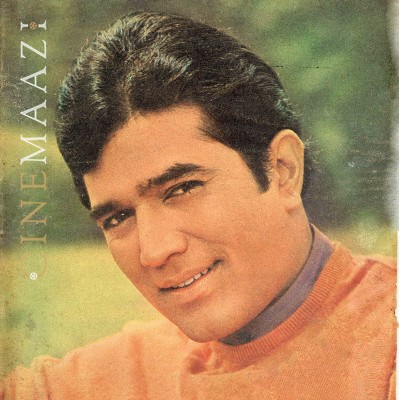
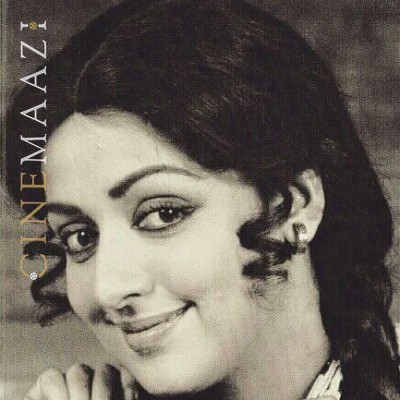
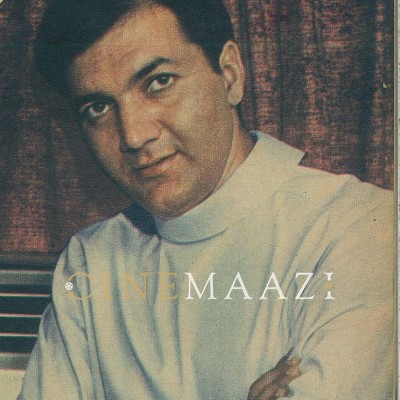

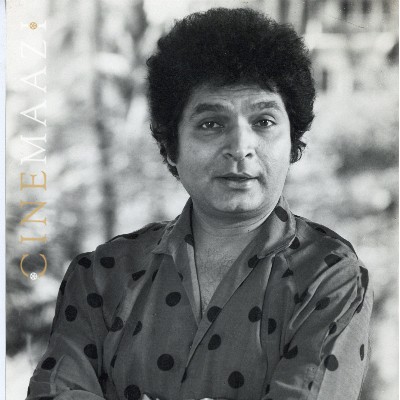
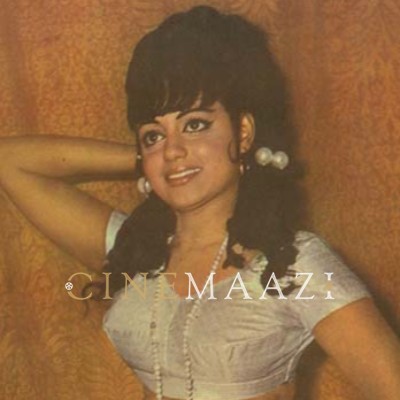
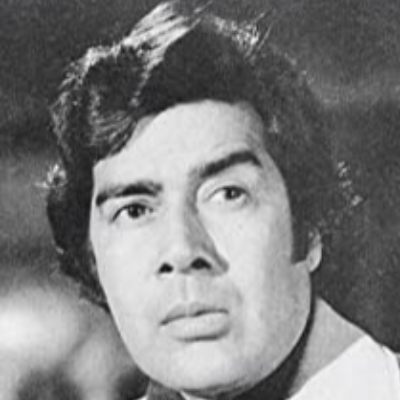
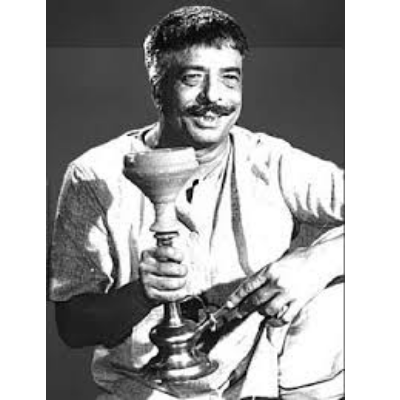


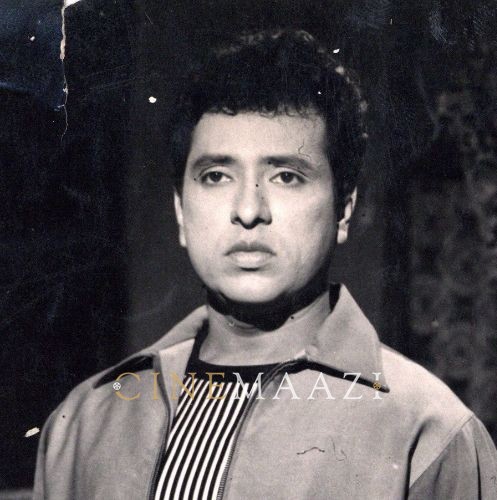
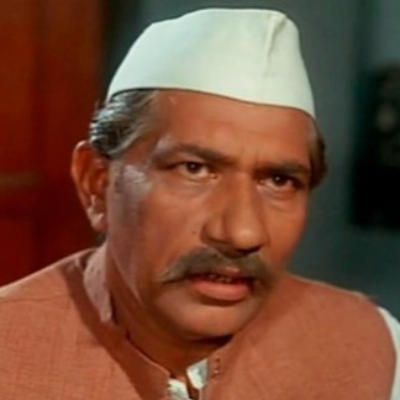
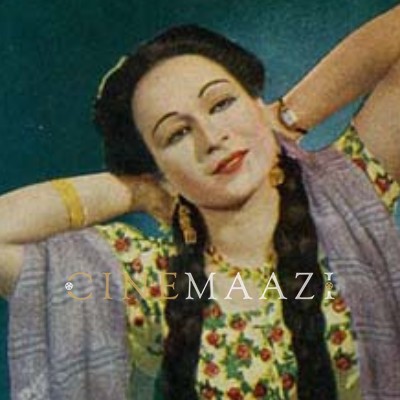
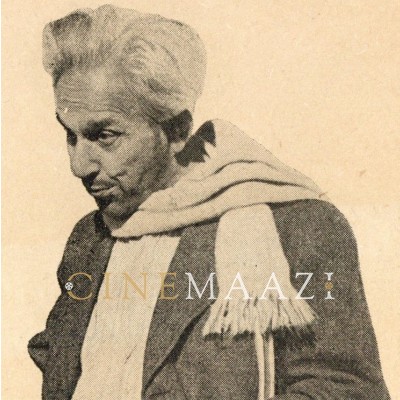

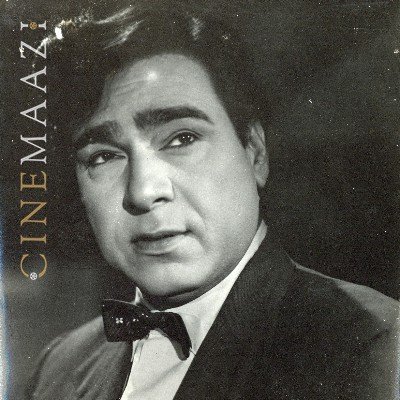

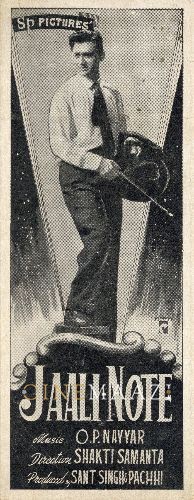
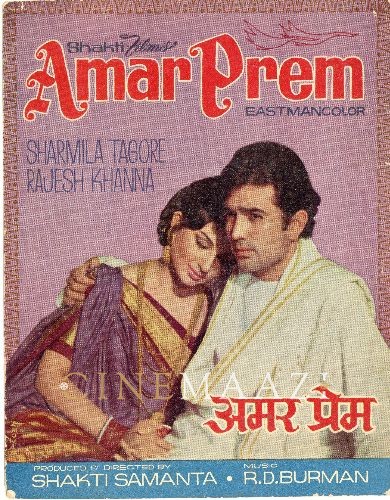


.jpg)



